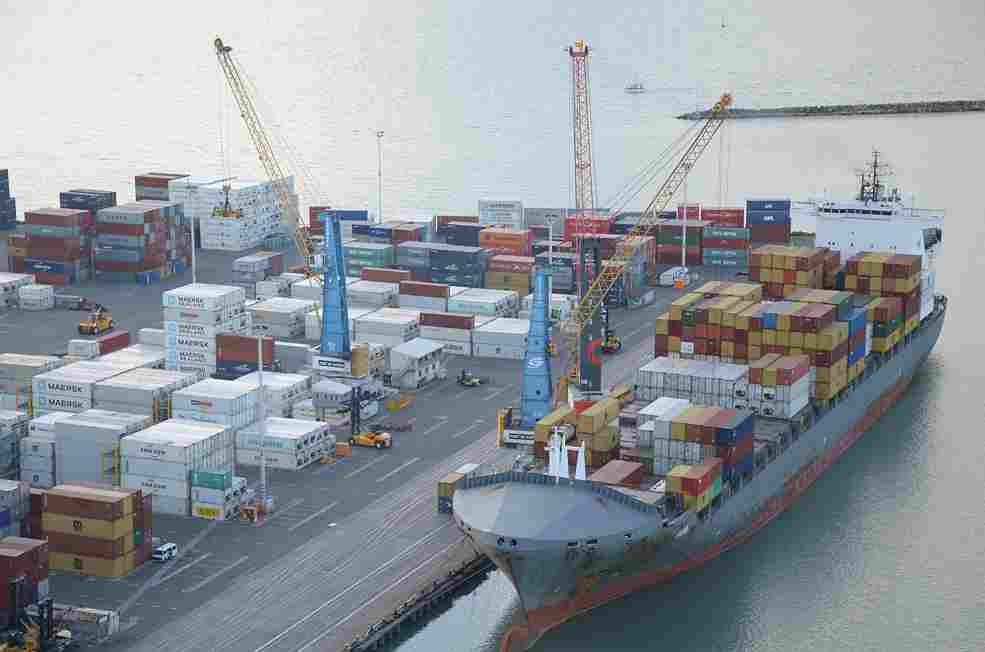
Effects of geopolitical events on marine fuel prices
Introduction
The global maritime industry is deeply interconnected with geopolitical events, and their ripple effects can be felt in the intricate dynamics of marine fuel prices. Geopolitical events, ranging from political tensions and conflicts to trade disputes and international agreements, have a profound impact on the supply, demand, and pricing of marine fuels. This article delves into the complexities of how geopolitical events shape the volatile landscape of marine fuel prices and the consequent implications for the shipping industry.
Understanding Geopolitical Events
Geopolitical events refer to political and economic occurrences that transpire on an international scale, involving the interactions between different nations and regions. These events have the potential to influence global economic conditions, trade relationships, and, consequently, the maritime sector. Factors such as diplomatic tensions, military conflicts, sanctions, and changes in leadership can all trigger geopolitical shifts that reverberate through the maritime fuel market.
The Ongoing Saga of Oil Prices
At the heart of the marine fuel market lies the cost of crude oil, a commodity sensitive to geopolitical events. When geopolitical tensions escalate in oil-producing regions or major players in the global oil market are involved in disputes, the price of crude oil can experience significant fluctuations. As the primary raw material for marine fuels, any disruption in the oil market directly impacts the pricing of marine fuels, causing a domino effect throughout the supply chain.
Geopolitical Events and Oil-Producing Regions
- Middle East Unrest: The Middle East, home to major oil-producing nations, is often a focal point of geopolitical tensions. Conflicts in the region can disrupt oil production and transportation, leading to uncertainties in the global oil market. Instances of political unrest or military actions in key oil-producing countries, such as those in the Persian Gulf, can result in supply disruptions that influence marine fuel prices.
- OPEC Decision-Making: The Organization of the Petroleum Exporting Countries (OPEC) plays a central role in shaping oil production levels and, consequently, prices. Geopolitical events that affect OPEC member countries, influencing their production policies or creating internal disputes, can impact global oil supply and, by extension, marine fuel prices.
- Sanctions and Embargoes: Geopolitical events often lead to the imposition of sanctions or embargoes on oil-producing nations. Restrictions on oil exports can limit the availability of certain types of crude oil, affecting the composition of marine fuels and contributing to price fluctuations.
Trade Disputes and Global Supply Chains
- Trade Wars: Trade disputes between major economies can disrupt global supply chains, affecting the movement of goods and, consequently, the demand for shipping services. Reduced trade volumes may lead to lower demand for marine fuels, putting downward pressure on prices.
- Shipping Lane Disruptions: Geopolitical tensions in strategic maritime regions can disrupt shipping lanes, impacting the transportation of oil and other commodities. The resulting logistical challenges can affect the availability and pricing of marine fuels, especially in regions heavily reliant on specific shipping routes.
Impacts on Regional and Global Markets
- Regional Price Variations: Geopolitical events often contribute to regional variations in marine fuel prices. For example, heightened tensions in a specific region may cause local fuel prices to spike due to concerns about supply disruptions. Understanding these regional dynamics is crucial for shipping companies operating in diverse geographical areas.
- Global Economic Sentiment: Geopolitical events can influence global economic sentiment, impacting trade, investment, and overall economic activity. Changes in economic conditions, such as a slowdown resulting from geopolitical uncertainties, can influence the demand for shipping services and, consequently, marine fuel prices.
Mitigating Risks and Planning Ahead
- Risk Management Strategies: Given the inherent volatility associated with geopolitical events, shipping companies employ risk management strategies to mitigate the impact on fuel costs. This may involve entering into hedging contracts to secure fuel prices or diversifying fuel sources to reduce dependency on specific regions.
- Scenario Planning: Scenario planning is a crucial tool for navigating the uncertainties created by geopolitical events. By anticipating potential geopolitical developments and their impacts, shipping companies can develop contingency plans to adapt swiftly to changing market conditions.
- Investing in Fuel-Efficient Technologies: Embracing fuel-efficient technologies and alternative fuels provides a buffer against price volatility. As the industry explores cleaner and more sustainable fuel options, investing in innovative technologies becomes a strategic move that aligns with both economic and environmental goals.
Conclusion
The effects of geopolitical events on marine fuel prices are profound and multi-faceted, shaping the landscape of the maritime industry. From the intricate connections between political tensions and oil prices to the disruptions in global supply chains due to trade disputes, each geopolitical event sends ripples through the intricate web of maritime fuel dynamics.
Navigating these challenges requires a combination of vigilance, adaptability, and strategic planning. Shipping companies, fuel suppliers, and industry stakeholders must remain attuned to geopolitical developments, employing proactive strategies to mitigate risks and capitalize on opportunities. As the world continues to grapple with geopolitical uncertainties, the maritime industry’s resilience and ability to navigate these waves will determine its success in a dynamic and interconnected global landscape.





